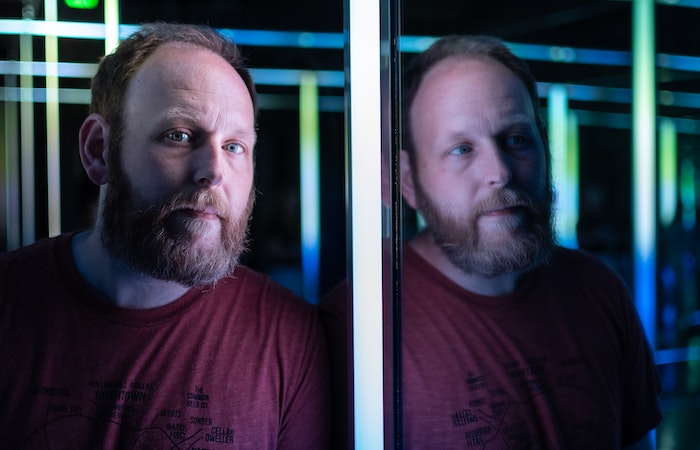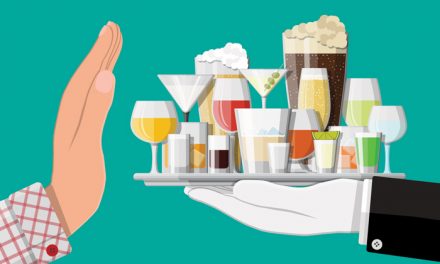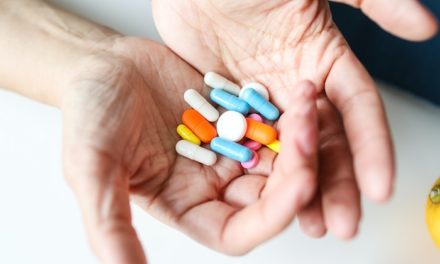Maybe you have heard the saying, “You can fool all the people some of the time and some of the people all the time, but you cannot fool all the people all the time.” It is often attributed to Abraham Lincoln, though what he actually said might have been a bit different.
Still, the idea that when it comes to fooling folks, you might bamboozle all people sometimes and some people all the time but definitely not all people all the time has come down to us as received wisdom.
And when it comes to struggling with a substance use disorder, there’s a good chance you might try to fool some people—even all of the people—in your life. Heck, you might even try to fool yourself into believing that you don’t have a problem. After all, nobody likes to admit they have a problem that they can’t get on top of.
But while disguising your difficulties with drugs or alcohol might seem possible and preferable at first, there will almost certainly come a time when your friends, family, coworkers, and others start to notice that something isn’t right with you. At that point, you might well be the only person you are fooling—and the odds are excellent that you won’t be able to keep that up for long.
Difficult though it may be, you would be far better served by addressing your struggles with drugs or alcohol as soon as you become aware of them—which will likely be far sooner than you are initially inclined to admit to yourself.
Fooling Yourself by Moving the Goalposts
One way you might manage to fool yourself for a while is by constantly redefining what constitutes a problem. This common practice is called “moving the goalposts.”
For example, you might decide you will admit you have developed a problem related to drugs or alcohol if you ever miss a day of work due to overindulging the night before. But then there comes a day when you wake up feeling absolutely awful after a long night of partying. You decide to call in sick—and you also decide that you will admit you have developed a problem if you ever use drugs or alcohol during your workday.
You have moved the goalposts. And you just might move them again after the first time you use drugs or drink while at work. You can keep moving the goalposts to try to avoid the reality of your situation for as long as you are able. But at some point, you will find yourself in real trouble—and by then you may have done serious damage to your physical and mental health, your relationships, your career, and more.
Fooling Yourself by Thinking Drugs Help More Than They Harm
There is a persistent myth that drugs and alcohol somehow make a person more creative or a better artist. Some students turn to drugs in the hopes of staying alert and more sharply focused. Many people think drugs or alcohol are the most effective way to deal with the stress of day-to-day life.
This idea that drugs or alcohol are more helpful than harmful is particularly dangerous. You can fool yourself into believing that any problems you are experiencing are justified by the benefits you are supposedly getting from your substance use.
But the truth is that the balance of benefits to problems will inevitably shift toward problems. As you cling to the notion that drugs are somehow improving things for you, you will allow more and more harm to impact your life.
Fooling Yourself by Deciding You Are Immune to Problems
When you want to keep taking drugs or drinking alcohol, you might convince yourself that you are the exception to the rule. Sure, you understand that plenty of people develop substance use disorders that upend their lives, but you are confident you won’t experience anything like that.
That confidence, of course, is misplaced. When you replace the facts of substance use disorders with a fictional story of personal immunity, you put yourself in very real danger.
No Fooling: We Can Help You Overcome a Substance Use Disorder
We have identified three ways you might try to fool yourself into believing that you have not developed a substance use disorder. In each case, we would strongly recommend admitting the truth to yourself sooner rather than later. The moment to get help for a substance use disorder is always right now—not sometime down the line when your problem has gotten even worse.
At The Aviary Recovery Center, near St. Louis, Missouri, we rely on evidence, expertise, and experience to provide personalized, effective care to each person we serve. If you are struggling with drugs or alcohol, the best thing you can do for yourself is to take a sober look at your situation—and then let us help you do the hard work of reclaiming your sobriety.










